What are smart carbs?
Carbohydrates are starches and simple sugars. Starches are made of simple sugars connected together.
Smart carbs are unrefined and contain lot of fibre. Unrefined means little processing has happened. Foods are in their more natural state. For example, whole grains are unrefined but food made from white flour is refined.
Sugars, on the other hand, found in sweets and refined foods, can be easily broken down into glucose, increasing your blood sugar levels rapidly. Although carbohydrates may raise your blood sugar levels, we still need them: we just have to focus on the smart ones.
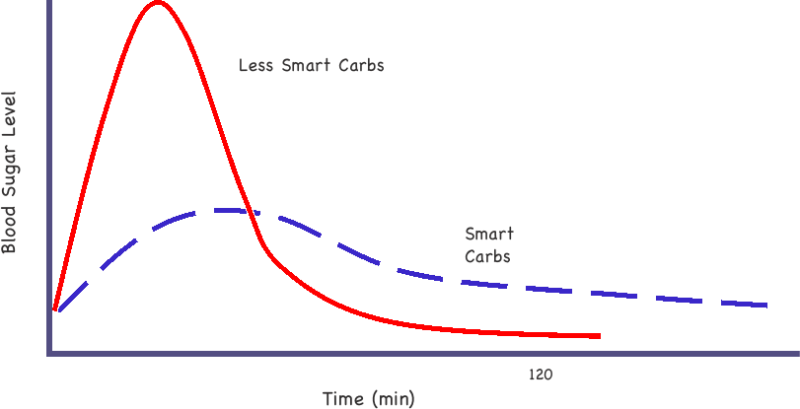
Unrefined complex carbs (which have plenty of fibre) take longer to digest. This means that the starch and sugar hits your blood more slowly for better blood sugar control.
There are two places for smart carbs on your healthy plate: the non-starchy vegetable section and the starchy foods section.
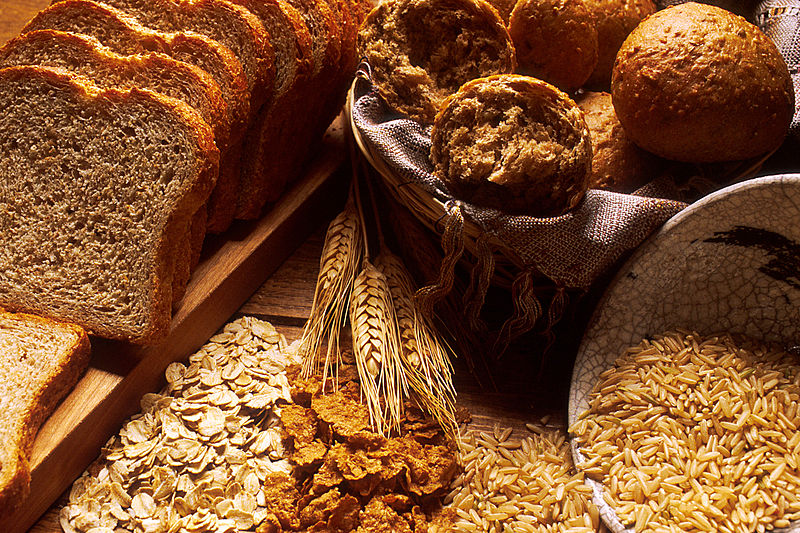
Proper nutrition is not about eliminating all carbohydrates. It’s about choosing smart ones!

Audio Only
Unrefined Carbohydrates
Whole grains
Whole grain bread
Whole grain bagels
Whole grain pita
Whole grain pasta
Brown rice
Whole grain crackers
Oatmeal
Non-starchy vegetables
Spinach
Green beans
Brussels sprouts
Cauliflower
Eggplant
Broccoli
Refined Carbohydrates
(to limit or avoid)
White bread
Bagels (not whole grain)
White pita bread
Noodles (not whole grain)
White tortillas
White rice
Muffins made with white flour
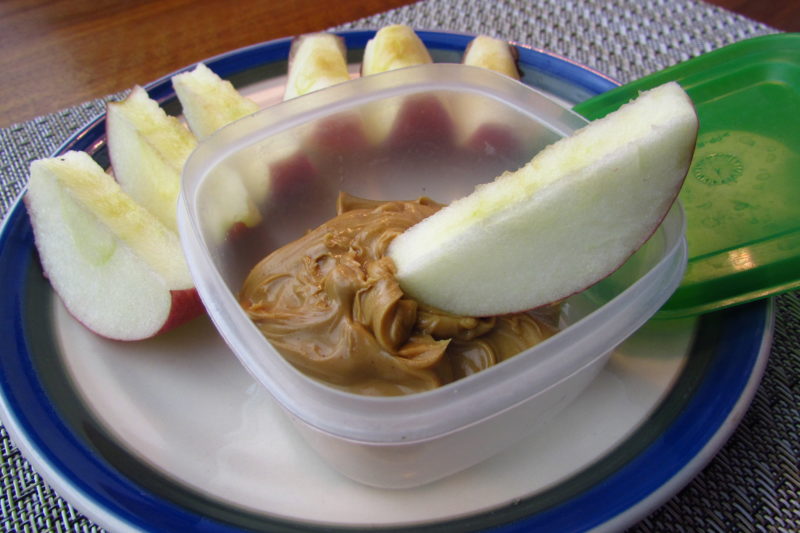
What about fruit?
- Fruit can be a nice dessert or part of a snack
- Fruit does contain natural sugars so it is smarter to combine them with a protein to slow down digestion. For example apple slices with peanut butter dip.
- If eaten right after a meal the digestion of the fruit will be slowed. Whole fruits are smart especially when eaten with a protein.
- Avoid fruit juices. One cup is made from a LOT of fruit, meaning a lot of sugar.
- Eat the whole fruit including its skin when possible. This means less sugar and slower digestion.
- Avoid overly ripe fruit. They can cause the blood sugar levels to go up.
What about potatoes?
Potatoes are tasty but pretty starchy. Some types are digested faster than others. How you prepare them can also make a difference. Baked or steamed are much better than fried! Limit to the starchy section of the healthy plate and try not to have to often. Reading about the Glycemic Index may help with the starch choice.
Carb Portions
Use the size of your fist as an approximation to your meal portion for carbohydrates.
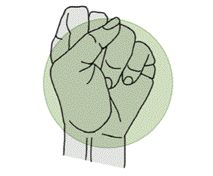
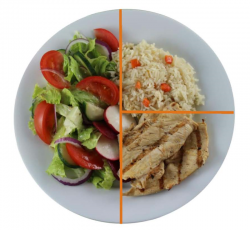
Illustration of the recommended fist size portion of carbohydrate to include in your meal.
Tips For Eating Carbs
Consume a variety of foods at every meal.
Add fibre. For example:
- Add psyllium husks to your breakfast cereal.
- Add a vegetable salad to a sandwich or add lentils to soup.
Add protein:
- Include fish, lean meat, skinless chicken, eggs or tofu in every meal.
- Pair fruits with yogurt or nuts.
Limit processed foods.
Eat breads with larger pieces of grain rather than bread made mostly with refined flour.
- Eat steel cut oats or large flake oats rather than quick or instant oats.
- Include barley, bulgur (cracked wheat), buckwheat, quinoa and legumes (dried peas and beans) more often.
- Chose whole fruits and vegetables instead of juice.
- When snacking, choose nuts such as walnuts, almonds and cashews instead of chips, cookies and crackers. Nuts make for great on-the-go and nutrient-rich snacks packed with proteins, fibre and healthy fats. This will help control your blood sugar levels and make you feel full for longer.
Avoid over-cooking: usually the more a starchy food is cooked, the more it breaks down easily into glucose, raising blood sugar more quickly.
If you want to dig deeper:
Glycemic Index and Carb Counting
The material above covers all the basics that you need to know about carbohydrates. However if you want to really dive into the topic read on. The following sections cover the Glycemic Index, which is a measure of how a carbohydrate containing food impacts blood sugar levels, and Carbohydrate Counting if you really like math!

